Chef Yannis Kasidokostas is definitely one to watch.
With almost 40,000 followers on Instagram and already juggling three projects he chooses not to rest and enjoy the fruits of his labour but launch his biggest venture so far, a private dining experience in Melbourne dedicated to filoxenia, the way Greek culture perceives hospitality.
Kasidokostas is the executive chef and overall manager at Ca De Vin, one of Melbourne’s favourite Mediterranean cuisine eateries hidden in Bourke Street’s Postal Lane (next to the historic GPO building). He is also behind the newly established modern Greek tavern Elia in Heidelberg. At Ca De Vin the menu is focused on European flavours and an impressive array of local and imported wine while Elia is the first restaurant of its kind in the suburbs, offering solely slow-cooked lamb shoulder as a main, with a great range of sides and starters.
At the same time he works as a consultant for Acropolis Hospitality, collaborating with several restaurants and bars in Melbourne while running private dining events.
“Those private dining events would be better described as experiences,” he explains.
“Say someone wants to have a special breakfast, lunch or dinner at their place or a location of their liking; we do that. We source the products and cook in front of the guests and/or hosts.
“Our clients can see what we do and we run them through the preparation and cooking process, explaining why we do what we do while they can watch how we do it. People love it because it’s not just catering.”

Hospitality is in his blood he tells me, having been working in the industry from a very young age.
“It’s what I love to do. Seeing people happy, enjoying the service and coming back. This is the biggest reward; building this relationship.”
For Kasidokostas, hospitality is not a one-time service. The work hospitality staff put in from the owner to the waiter is a repeated process, a “cause and effect” that is meant to create a connection between the customer and the venue.
“For a business to be successful and survive, there has to be an understanding that the effort every person involved in this business puts in is not a one-off gig.
“The customer needs to return; a happy customer will also create that word-of-mouth domino effect. In a good way.”
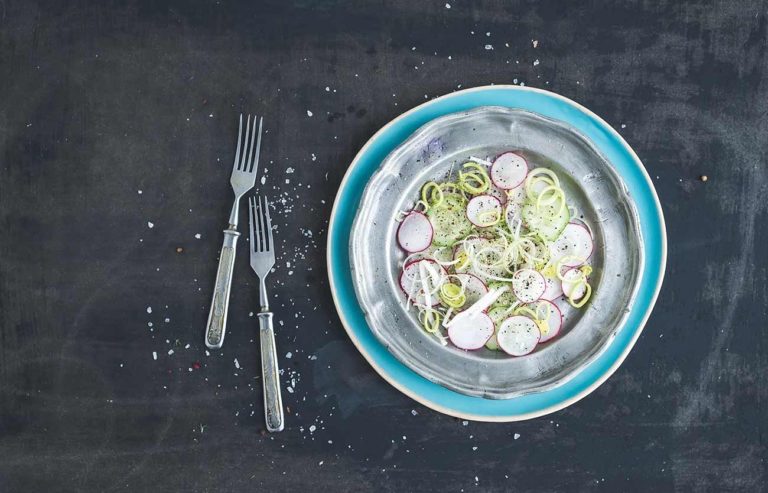
Having owned and managed the very successful Cubanita in Psiri, and Agora in Korydallos (both in Athens), alongside an internet cafe chain he had already gained his stripes when it comes to building a name from scratch. Being hit by the financial crisis in Greece at the peak of his career as a chef has taught him a valuable lesson, that he brought with him when he made the decision to migrate to Australia.
“In my life, I have always worked hard. At the age of 12, I was already working at the fish market learning how to run a business the hard way; I am grateful for what life has taught me,” he says.
“I never finished high school and for some I might be illiterate, but before being accepted into the school of Hellenic Ministry of Tourism Hotel and Restaurant operations, to specialise in the culinary art, I had already acquired valuable knowledge about the basic principles of finance and business.”
His knack for aesthetics, combined with his natural ability to identify and create the flavour combinations he comes up with, helped him rise in the industry quickly but back in 2011 he faced the biggest dilemma. The crisis had tightened its strap and Kasidokostas found himself unable to support his family or run his businesses the way he wanted.




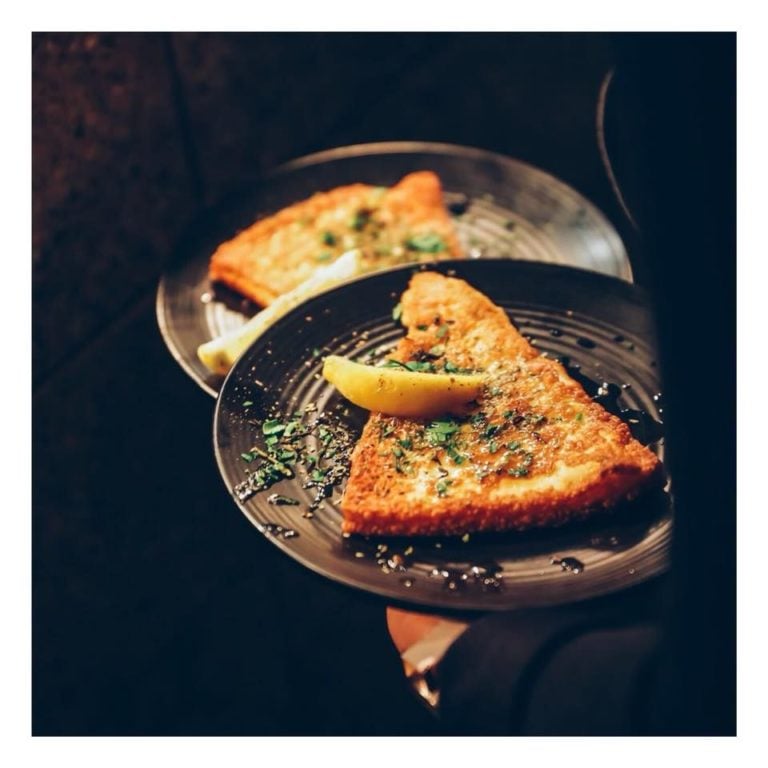

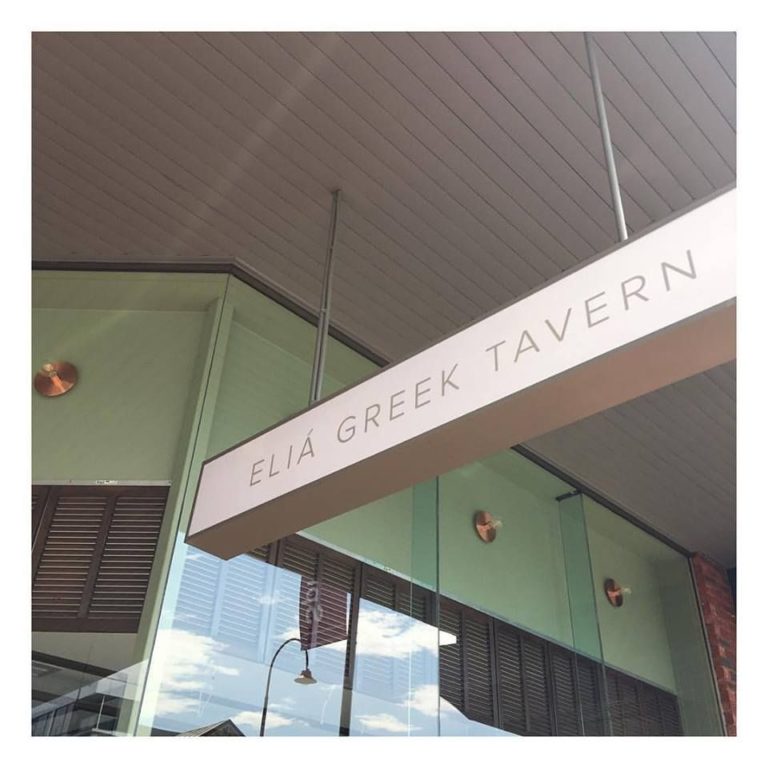

“I always followed the law to the letter but my standards for the service I wished to provide are high. I did not want to cut corners, whether that was directed to my employees or the quality of the food. I closed my restaurants and sold the internet cafes.
“It hurt me deeply,” he says admitting that it still pains him that he had to leave his mother and sister behind.
“I did my research and I knew that Australia’s economy was good, and that I would be coming to a politically stable country with much love for Greek and Mediterranean flavours. I knew absolutely no-one here when I came, on a tourist visa. Six years later, I’m about to submit my application for citizenship.”
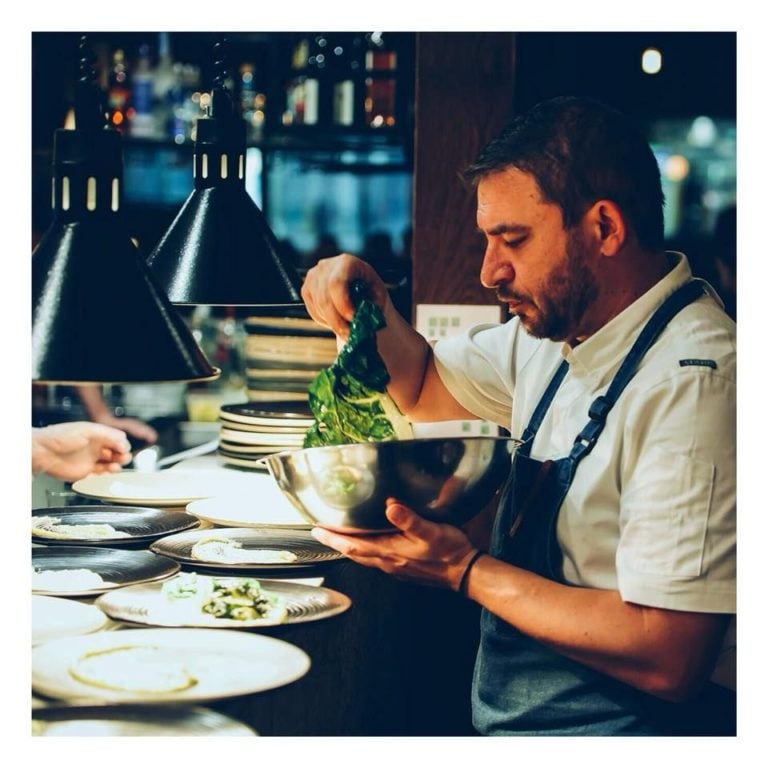
Kasidokostas is proud to be calling Australia home and is deeply thankful for the trust and opportunities that came his way.
“I worked hard and made many sacrifices but it all paid off and I couldn’t be more grateful,” he muses.
“Melbourne is my city, I have met so many wonderful people in my six years living and working here, my wife being the cherry on top! I couldn’t be happier.”
It is this trust the Lucky Country has given him that he wishes to repay with his new hospitality project, and at every chance he gets. His goal is not to present a better version of what already exists in the market but to present the best version of what hospitality, filoxenia, really stands for in the Hellenic culture.
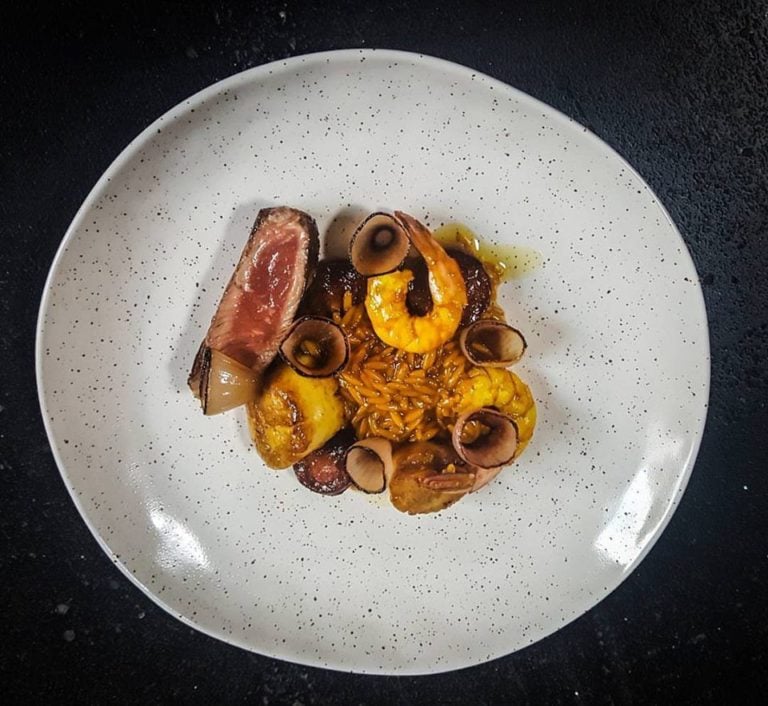
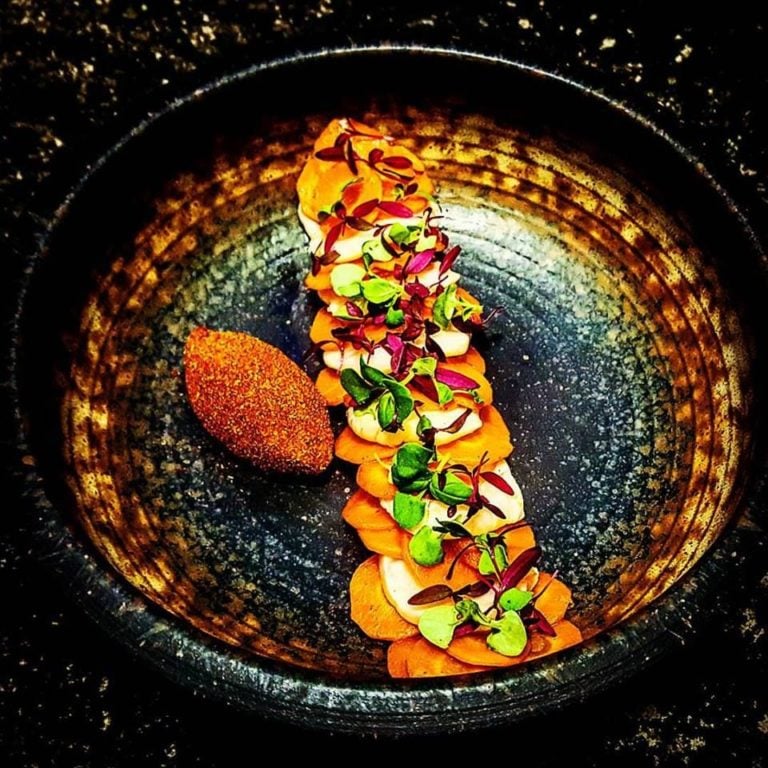
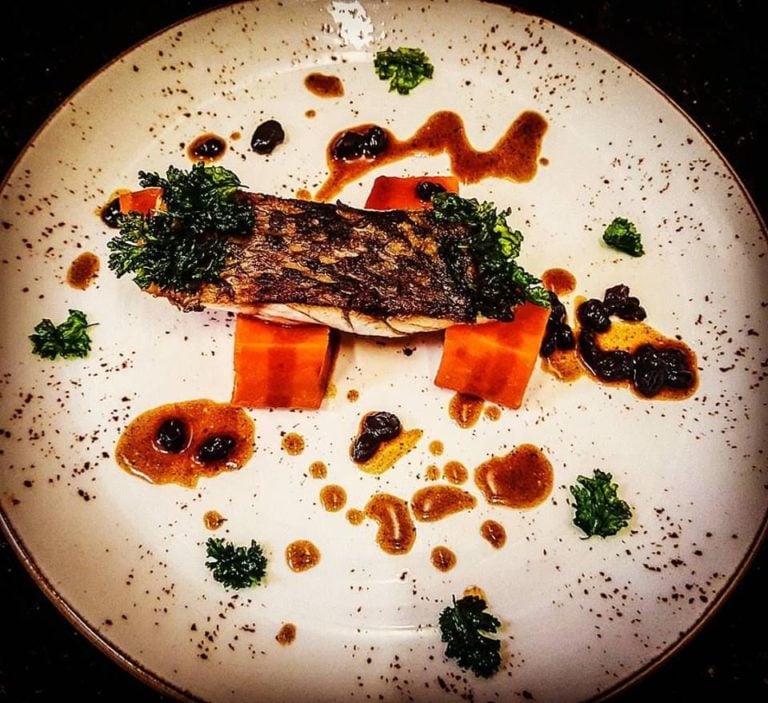


“I came here with so many ideas and they have not once been rejected. What I have learned is that the more one gives from the heart, the bigger the reward.
“In Ancient Greece, but even later in Asia Minor and Constantinople, the Greeks did not dine at restaurants. Hospitality was all about preparing an unforgettable feast at your home for your guests. They would return the pleasure by offering a similar experience at their home.”
This is the idea Kasidokostas will apply in his new restaurant set to open in June, offering one-off experiences at his venue dedicated to Mediterranean culture for a limited number of people. The menu will have Greek influences, yet it could be a traditional dish from Cairo, Jerusalem, south Italy and southern France; “all very close to our culture,” he adds.
“The guests will have their order taken by the chefs themselves, with the whole process and the ingredients explained to them by the person that will be cooking their food. Then served to them by the chefs again. The same with the wines; only people involved in the process of wine-making with very good knowledge of the subject will be suggesting pairing options.”
He aspires to offer Melburnians a unique hospitality experience, a pleasurable one that won’t blow their budget. As an employer who remains an employee he has come to realise that not everyone is able to afford quality dining nights out, even in the world’s most liveable city.
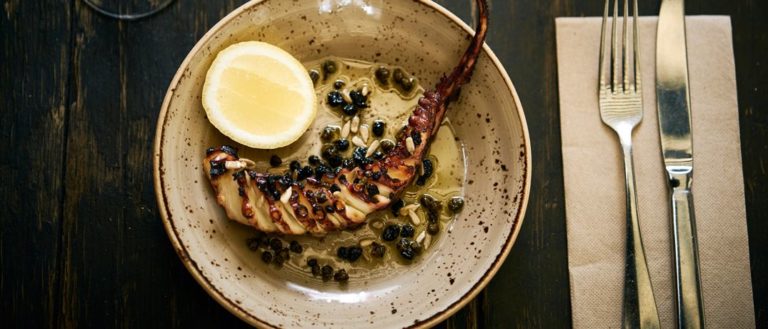
“Not many people I come across are being paid enough to be able to treat themselves to fancy meals or even regular nights out. Imagine supporting a family on top of that while the cost of life is constantly increasing. To manage a sustainable business without lowering your standards you have to make some tough decisions,” he stresses.
“I can’t want the best location, the best chef, the best staff and the best produce or wine without paying them accordingly. I will need to charge accordingly also. To keep everyone happy, everything needs to be carefully planned.”
Still, good, cost-effective planning is only part of the process. Filotimo and patience are the key ingredients according to Kasidokostas.
“First you need to sit on the same chair your customer is sitting and be honest to yourself. Assuming your average Melburnian gets paid a gross of $700-$1,000 per week, would you be happy to be charged X amount for the dinning experience you are offering?,” he asks highlighting the importance of carefully identifying, assessing and understanding the target market.
“Who is the person that comes in, who is the person at the other end of the line? How do you become relatable?”
For Kasidokostas, filotimo in hospitality can also translate into a kerasma, that Greek act of offering a treat without cost.
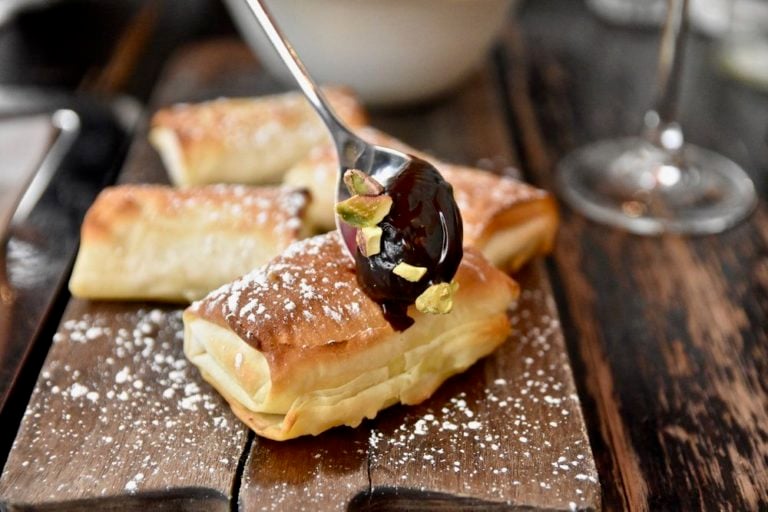
“The kerasma, whether that is a free round of wine, aperitif, or a free dessert to top off a meal is one of those little sacrifices I choose to make for my business. It does have a cost, but patience has taught me it pays off.”
Australians are not used to being given things for free and sometimes it can be perceived as an intrusion, the chef admits, adding that “if you properly explain the mentality behind the gesture they grow to love and appreciate this humble intrusion. It is also a great way to promote a good Greek wine or a dish they are not familiar with!”
“Hospitality ultimately comes down to the creation of a relationship not just a transaction. In real life, we learn from our mistakes and become a better version of ourselves for the next time. If other people were not important then there would be no future. Hospitality is not just a business or a job. This is my motto.”
Follow Yiannis at instagram.com/yiannis_kass/









